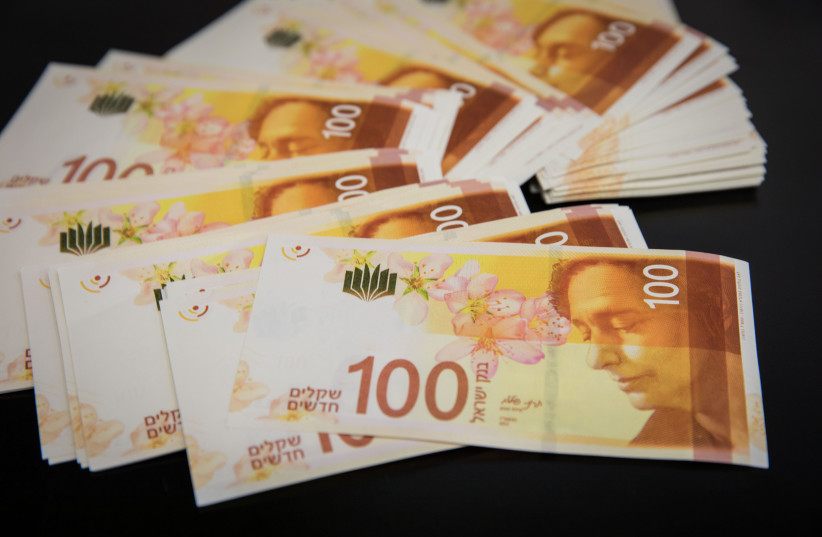Local and global investment in hi-tech saw a significant decline in 2022 as the total volume of investments in the past year fell by nearly 50%, according to a new report from Start-Up Nation Central (SNC) and SNPI.
This may not come as a surprise considering that 2021 was a stand-out, record-breaking year for the hi-tech industry in Israel: in 2021, the country’s tech sector raised an unprecedented $25 billion, representing a 136% increase over the prior year. Per the report, that growth bled over into the first half of 2022 as well, though it eventually fell victim to doubt and fear of recession.
Cyber was the Israeli sector with the highest decline in investment in 2022, with funding rounds decreasing by 60% from 2021.
Report shows 2021 was an exceptional year for the Israeli hi-tech industry
Start-Up Nation Central CEO Avi Hasson further elaborated on 2021’s dominance over 2022, stating that “A multi-year perspective shows that 2021 and not 2022 was the exceptional year in the Israeli hi-tech industry. The unrealistic quantum leap in investments, market cap, and transaction multiples in 2021 corrected itself in 2022, and alongside global macroeconomic trends, there was a markedly significant decline in investments, particularly in the second half-year of 2022.”
Hasson pointed out though that according to data there is still interest in hi-tech investment, though perhaps more cautious. “Nevertheless, the investments, exits and high levels of demand continue, but in a more prudent and measured manner. This in itself is a positive, long-term phenomenon,” he said.

Those investments are manifesting primarily in the form of seed investments, as investors turn their focus to early-stage companies. If this trend were to continue, it could mean a slower transition for Israel from the Start-Up Nation to the “Scale-Up Nation,” though it may be too early to tell.
Despite the steady-yet-careful investment from VCs, there are still significant hurdles to be overcome in the coming years. “We do forecast some difficulty in VC funding that might have an impact on the available capital for investments in 2024 and 2025. The Israeli hi-tech industry entered the current crisis with more cash raised in 2021, together with a degree of maturity that is reflected in examining the real markets and not only the financial markets,” Hasson said, noting that the current decline emphasizes “The need to create variety in the technology sectors that lead the hi-tech industry and to develop sturdy economic legs together with additional sectors that can produce significant economic and technological value for Israel and the world.”
